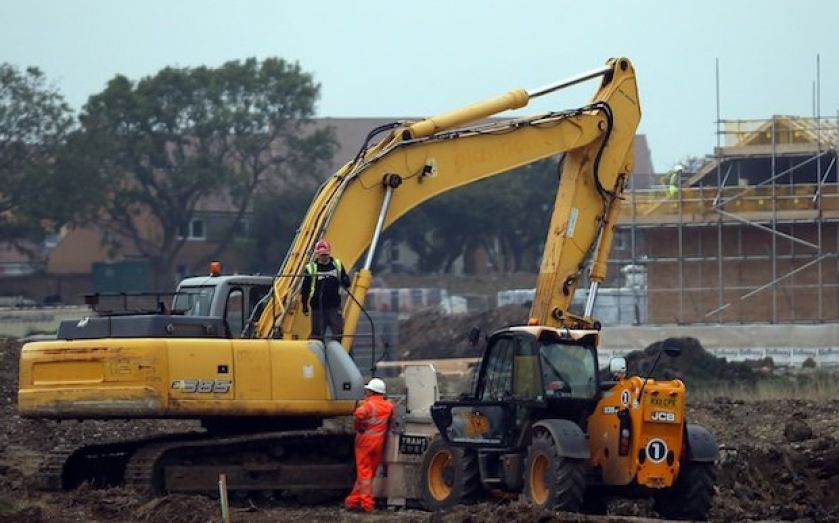Ed Miliband’s attack on developers ignores why housebuilding is in crisis

ED MILIBAND was right to identify the housing affordability crisis as one of Britain’s most important policy challenges in his speech yesterday.
Sadly, his mixed bag of proposals (expanding urban council boundaries, a 200,000 annual home-building target and fines for “land hoarders”) does not address the fundamental reasons why developers are not supplying the market with enough new homes to ensure that house prices and rents are affordable. Like any market, the price of any given type of home reflects the amount needed for the number of buyers and sellers to be roughly the same for that price.
So what’s keeping homes in Britain, and particularly in London and the South East, so expensive? Why are the homes we build the smallest in Western Europe? There are lots of costs getting in the way of the homes we’d like, such as paying builders, architects and those who supply building materials. But politicians should be talking about the ones they’re responsible for – tax, and planning and building regulations.
The Labour leader’s cartoonish portrayal of greedy land-bankers hoarding land while making huge profits doesn’t stand up to scrutiny. Why would developers pass up the opportunity for a more certain profit now in favour of a risky gamble on the future, if speculation was their motive?
The more realistic analysis is that so-called “land-banking” is much less prevalent than is often thought and that, where developers do hold land with permission, it is done to mitigate the uncertainty of acquiring sites to develop in the near future.
And the phenomenon isn’t as significant as it’s cracked up to be, either. Although a report in 2011 for the Local Government Association did find that planning permission for almost 400,000 homes had been granted without them being built, 191,000 of this total were under construction but unfinished and another 83,000 concerned unimplemented social housing provision. There were just 127,000 private, unstarted units.
And yes, in some cases, the owners will have decided that the projects weren’t viable. In others, the owners will be waiting to finish existing projects before starting them. So Miliband’s proposal to fine developers for failing to build on their land fast enough when councils have granted permission won’t help developers reach his target of 200,000 homes a year. It’ll just make developers think twice about applying for planning permission in the first place, and it will make lenders think twice about the risks involved with lending money to developers.
Instead of trying to conjure up silly distinctions between good “home builders” and bad “land bankers”, he should tell us how he’d cut development taxes such as the new Community Infrastructure Levy, “section 106” requirements and Stamp Duty, and strip out all but the most necessary planning restrictions and building regulations. None of them are free and it’s time we stopped pretending they were.
Rory Meakin is head of tax policy at the TaxPayers’ Alliance.